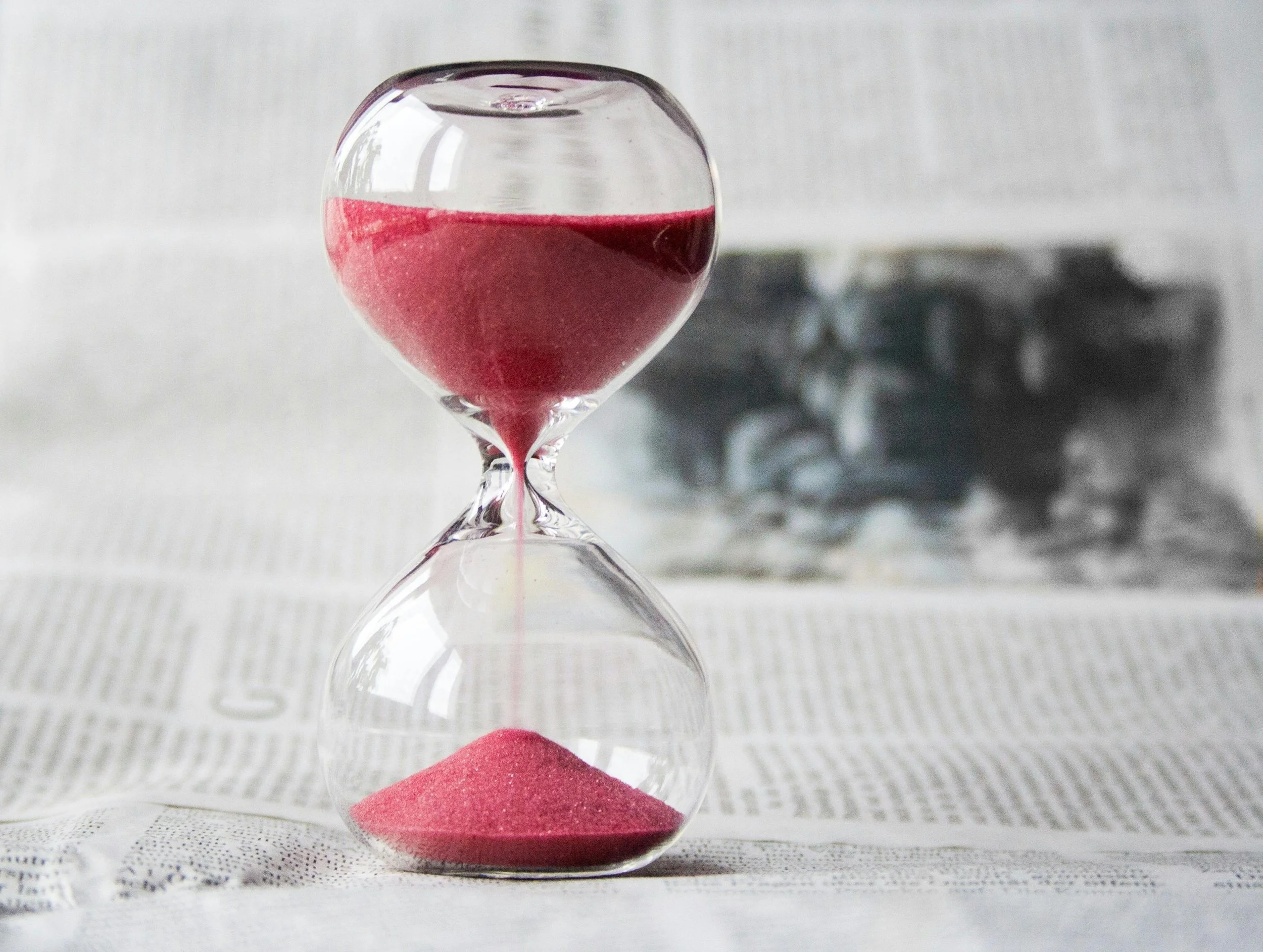2 Biggest Self-care Mistakes
“I don’t have time.”
“I tried x, but it didn’t work.”
“Self-care is for people who are weak.”
“I tend to just push through my day, you know, tough it out.”
“I should be doing other things – the house is a mess/the lunches need to be made/the dog needs to be walked.”
“I’m just so tired at the end of the day.”
I have heard all of these reasons for not doing self-care, and more! Part of the problem is how people view self-care. The two major fallacies:
(a) Self-care needs a separate time from the rest of the daily grind; and
(b) Self-care is only needed when you are falling apart.
“I don’t have time”
The number 1 mistake people make when thinking about self-care is…
“Self-care is done in a special time separate from the rest of my life.”
Do you believe this? Ack! Go back and read my self-care part 1 and part 2 posts.
Self-care is how you live your life. I’m going to repeat that. Self-care is HOW you live your life.
Eating healthy meals, having good sleep hygiene, not overspending, asking people to respect boundaries, nurturing friendships…this is self-care and is just part of your everyday life.
If those aspects of self-care that I just mentioned feel difficult to you, you have some work to do to make it part of your life. A therapist can help you with assertiveness skills, social skills, insomnia, etc. and to help you build your self-worth so you view these as basic needs.
We can take this a step further, too, for people who are struggling with anxiety and are trying to use coping strategies to get through the day.
Therapists will often suggest breathing activities, grounding, or mindfulness as coping strategies. These can occur at any point in your day! Loading the dishwasher? Pay attention to the sounds around you. Folding the laundry? Do the grounding 5-4-3-2-1 exercise. Stuck at a light? Practice box breathing.
Another option to weave self-care in to your day is to use technology. I have four apps (Calm, Zazn, Superbetter, and ACTcompanion) that remind me to stop, check in, and take a breath in the day (Oops, I seem to collect mental health apps - hazard of the profession…!).
Each one does it in a little different way. I take about 10-30 seconds each time. Days when I need more, I’ll take a 3-minute pause. Breathe, relax/gratitude/present moment/self-affirming statement, smile.
I’ve been practicing for 20 years now, so don’t expect results the first day. Remember, self-care is about how you live your life; this is a tiny piece that can help you to reset.
“Self-Care is for the
Weak”
The number 2 mistake people make when thinking about self-care:
“Self-care is for weak, people who fail to live up to standards. Maybe a reward if I work hard enough.”
No, nope, just no. Caring for your physiological and psychological needs is how you thrive, how you have energy to live up to your standards, and certainly nothing that needs to be earned.
In fact, the strongest, most assertive people I know have very robust self-care. Think about how having an intentional meal plan, exercise routine, sleep schedule, (…and having set boundaries on how people can treat you, what are acceptable risks, and (horror!) taking time to participate in your own social, recreational, or professional pursuits, etc., etc.) contributes to a strong sense of self-worth and engagement with life.
People who do these things are not people who are weak or failures, and they know they require it to be healthy, not that they need to earn it. They care for themselves and can set high expectations for themselves because of it.
Self-care becomes a positive feedback loop. Our minds try to make sense of our actions. So, when you take care of yourself and your needs, your mind thinks “I must be worthy of care.” Then, you feel worthy of care, so you take care of yourself. Because of this, self-care is a good place to start when your self-worth is low. And you can see why people with good self-worth tend to take care of themselves. What’s stopping you?
Check out my next post, where I take a look at how perfectionism and unrelenting expectations can affect your self-care.
Kira
The information on this website is for informational purposes only. It is not intended to be a substitute for professional medical advice, diagnosis, or treatment or to replace your relationship with your health care provider. Always seek the advice of your physician or other qualified health provider with any questions you may have regarding a medical condition. Never disregard professional medical advice or delay in seeking it because of something you have read or seen on this site.


